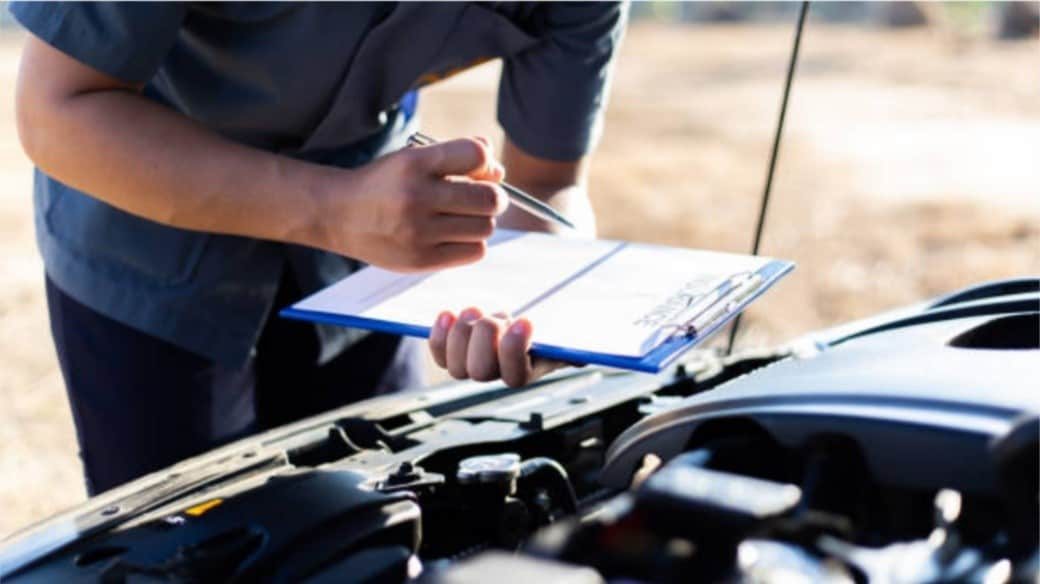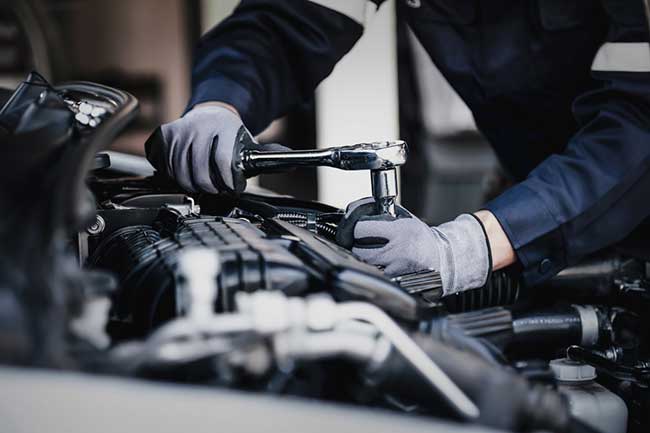All Categories
Featured

The exhaust system in your auto plays a vital function in maintaining engine effectiveness, lowering exhausts, and boosting overall efficiency. Over time, nevertheless, the exhaust system is subjected to rough conditions, including extreme temperature levels, wetness, and road debris, which can lead to corrosion, corrosion, or also failing.
- Regular Assessments and Upkeep. The very best method to avoid major problems with your exhaust system is by having it checked regularly. Throughout a regular exam, your technician can search for very early indications of damages, such as rust, fractures, or loose components. This positive approach helps capture tiny issues before they come to be expensive fixings. If you listen to unusual sounds, such as a loud roaring sound or a hissing sound while driving, it may suggest an exhaust leakage or one more issue that requires immediate focus.
- Tidy Your Exhaust System. Too much dirt, debris, and road salt can increase rust and corrosion on your exhaust system. Pay special focus to areas around the exhaust pipes and muffler, specifically after driving in salted or wet problems.
- Stay Clear Of Short Trips. If you take brief trips around community, especially in cooler weather, it's necessary to know that your exhaust system doesn't obtain the opportunity to warm up totally. During longer drives, the exhaust system reaches a high enough temperature to melt off any kind of dampness and condensation inside the pipelines.
- Drive Sensibly. Just how you drive can have a substantial influence on the life expectancy of your exhaust system. Aggressive driving, including quick velocity, hard braking, and extreme speed, can cause unneeded stress on the exhaust parts.
- Repair Exhaust Leaks Quickly. Exhaust leakages can not just damage your car's performance yet can additionally impact your security. A leaking exhaust system can create unsafe gases, such as carbon monoxide, to enter the cabin, which can be dangerous to guests. If you see any kind of signs of exhaust leaks, such as loud noises, decreased engine power, or strange scents, it is essential to address them quickly. Overlooking an exhaust leakage can cause more substantial damages to the entire system, including the catalytic converter, which is pricey to replace. Getting leaks fixed swiftly ensures your vehicle runs successfully and safely.
- Change Faulty Oxygen Sensors. If these sensing units come to be defective or use out, they can lead to inefficient engine procedure, boosted emissions, and pressure on the exhaust system. Changing defective sensing units immediately can prevent extra wear on your exhaust system and improve gas effectiveness.
- Shield Your Exhaust System from Road Hazards. Gaps, roadway debris, and driving over curbs can cause damages to the exhaust system, leading to fractures, damages, or also the full failing of certain elements. To secure your exhaust system, try to prevent driving over challenges that can cause damages. Be careful when driving on harsh or irregular terrain, and take notice of the roadway conditions, particularly in areas with constant building or roadway job.

- Keep Your Engine. If your engine is misfiring or not running successfully, it can trigger excess fuel and unsafe discharges to go into the exhaust system. Normal engine maintenance, consisting of altering the oil, replacing stimulate plugs, and checking the air and gas filters, can aid maintain your engine running smoothly and reduce the stress on your exhaust system.
Final thought. Regular examinations, prompt repairs, and responsible driving behaviors are vital to expanding the life of your exhaust system. By complying with these straightforward suggestions and maintaining your exhaust system, you can prevent costly repair work, improve engine efficiency, and maintain your car running smoothly.
Latest Posts
Floor Covering Professionals That Treat You Like Family
Published Apr 20, 25
1 min read
Picking the Right Checking Account for Your Needs
Published Apr 20, 25
1 min read
Fast Emergency Roofing Repair Work-- Your Drip Solution Experts
Published Apr 20, 25
1 min read